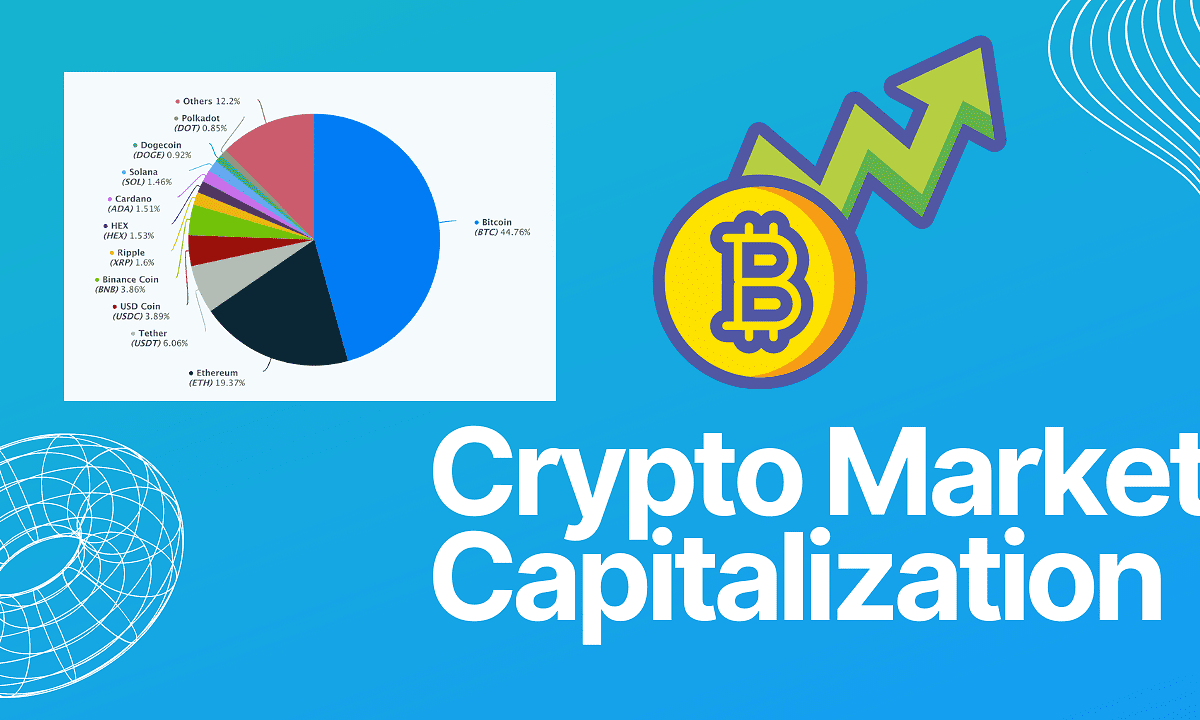
In a world of finance that’s vast and quite confounding, a special place is held by money markets, offering steadiness and a lot of liquidity for folks wanting to stash their funds short term. Often overlooked for the flashy attraction of stock markets or the slow pace of bond investments, money markets might seem rather dull to a few. Nonetheless, their gig in the fiscal setup is mighty significant, giving a protective den and helping in the breezy functioning of the wider economy. This here article aims to dig deep into all the twists and turns of money markets, checking out their traits, perks, and a few ideas to chew on.
What You Mean by Money Markets?
The money market, a corner of the financial market, is where short-term borrowing and trading of securities with fancy maturities of a year or less go down. These grounds handle the real liquid and low-risk tools, making them an appealing choice for investors aiming to save capital while making a wee bit of cash. Standard tools being traded in money markets are Treasury bill-joints, commercial paper, certificates of deposit (by Jove, CDs), and comeback agreements.
Money Markets’ Innards
Treasury Bills (T-Checks): Coming from the government, T-Checks are little-term debt securities with maturities from a few days to a year. They’re seen as one of the safest deals out there as the government’s full faith and credit has their backs.
Commercial Paper: This is debt that’s near at hand, unbound, writes from firms to cover fast cash needs. The period for commercial paper’s usually up to 270 days and is counted as kinda low risk, although not as solid as government goods.
Certificates of Deposit (CDs): Hailing from banks, CDs are time ticket-kiosks with solid terms and rates. They come with an FDA insurance (up to $250,000), adding a bit more protection for investors.
Repurchase Agreements (Repos): These are short-term loans where one buddy sells papers to another with an arrant to rebuy them for more on a date set. Repos are much used for nightly borrowing.
Bankers’ Acceptances: These are quick-term credit bets put up by a biggie firm and secured by a bank to lure in investors.
What Money Markets Do
Money markets put on a show-stopping hit in the financial realm. Here’s how they chuckle:
Liquid-Time Management: Money markets put out a stand for corporates and governments to keep their near-term cash in line. Excess money gets loaned out fast, while companies short on dough can borrow easy.
Risk Juggling: Dishing out low-risk chances to invest, money markets let investors spread their wealth around, mixing higher-risk bits with steady, low-risk tools.
Interest Rate Road-Checking: Money market rates often check other areas of interest. Say, the Federal Rates Rate, a night-time bank lend-a-plenty gauge, really affects other short-term interest ticks.
Financial Soundness: By letting money trot about between players short-term, money markets rev up the stability and smoothness of the fiscal system as a whole.
Perks of Going Money Market
Safety: Given the short-term stuff and backing by top-dog folks like governments and meaty firms, money market tools are usually thought of as safe bets.
Liquid Vibe: Money market tools flow easily, being quick cash changers with minor hits on their worth. That’s great for folks needing fast cash reach.
Income Time: While money market tool wins are kind of modest next to stocks, they do offer a steady stream of dough that’s pretty spot-on, nice for rocky markets.
Mix ‘n Match: For those loading up their portfolios, money market pieces lay down a mellow option, easing the hit from more shaky asset types.
Types of Dropping Dough Funds
Money market funds are money pools throwing in cash market tools. They’re an easy way for small spenders to get a slice of the pie. A few deal types include:
Govvy Money Delights: These put their funds into the secure embrace of Treasury Bills and are known for their super safe and liquid game.
Prime Money Deals: These dabble in a big mix of money market tools, sliding in commercial paper and CDs. They pop up bigger yields but come with a tad more squeeze than govvy drops.
Tax-Free Cash Nets: These stick their stacks into muni gear, giving shine to tax-free gains, catching eyes of high-bracket buck droppers.
Plays and Eye-Popping Spots
Even with their safe and steady vibes, money market blocks aren’t all roses. Here’s a few spins:
Low Wins: Money market hits are usually smaller than longer or riskier option wins. In light wind days, the gains might barely nudge above inflation.
Credit Hiccups: While tools like T-Checks are almost free of bumps, others like commercial paper have hitch risks. A flop from an issuer could see trades in red, though short-term drops and top-grade credit tags shoo some risks away.
Interest Rate Rides: Money slabs are keen on rate whims. Higher rates can tug down prices of old gear, though short times soften the blow.
Channel Access: Getting to the markets is easy through:
Money Market Pools: These keep the pot varied with money market picks and are doorways through trade stops or straight from stash makers.
Trade Points: Many trade setups give the chance to snag items like T-Checks and CDs grin-wise.
Cash Spots: Big-interest saver pockets and money market spots offered by banks give a tidy way to earn on cash kept cool, though wins are softer than other tills.
Finish Line
Money markets are a must-have slice of the finance setup, offering a chill and wash for folks looking to light up short-term cash. They give a safe spot for wealthy cats wanting to snug away cash while making a clear, if tiny, gain. They might not bring the wacky hoots or fat wins tied to stock fields, but their risk-smarts and easy dough trips are no sneeze matter.
For cash wielders, knowing the money digs and getting money market tools in the mix can beef up overall fiscal firmness and wiggle room. Done through money market mud slime funds, direct money market grub grabs, or bank nooks, these plays give a surefire way to hold down short-term cash and aim for cash dreams.











